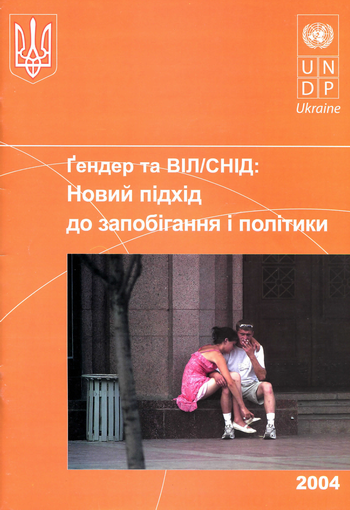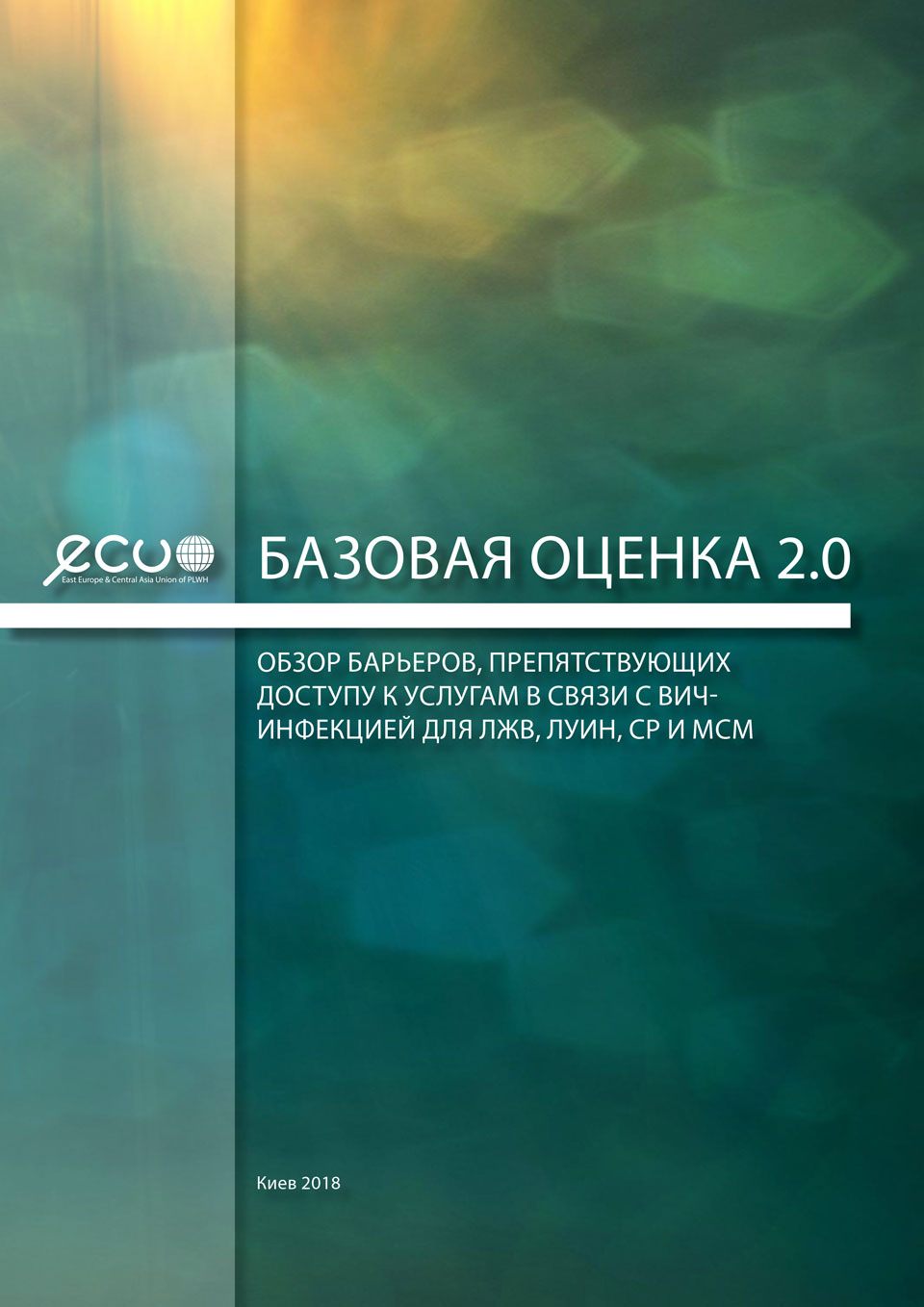- Autors: Demchenko Iryna, Bulyha Nataliia, Artiukh Oksana
- Year of publication: 2018 - 2019
- Number of pages: 6 c.
The study was conducted in parallel with the implementation of the intervention. The evaluation’s goal was to estimate the final results of the intervention, its impact on the participants’, i.e., HIV-positive adolescents’ adherence to ART, their psychosocial well-being and quality of life as well as to develop recommendations on improving the intervention and its implementation mechanism.
For evaluation purposes, the quasi-experimental design was chosen to study two groups of HIV-positive adolescents aged 10 to 17. One group was an experimental group and the other was a control group. The experimental group was composed of the adolescents participating in the Peace Corps (PC) intervention during the period of August 2018 to June 2019 (a total of 107 persons). The control group included the adolescents aged 10 to 17 aware of their HIV status and taking ART, who did not participate in the PC intervention (a total of 99 persons). To evaluate the intervention impact, “before and after” questionnaires were designed. Sociological data was collected before the intervention and after the implementation and was then compared (the interval between the interviews was approximately 3 months). Additional sources of information for the evaluation were the interviews conducted with the parents/caregivers of the adolescents participating in the intervention, and the intervention implementers – NGOs staff, infection disease doctors, etc.
The study results confirmed the positive impact of the intervention on HIV-positive adolescents, including:
- increased level of knowledge necessary for adolescents to make the right decisions on health issues, especially in terms of developing a sustainable adherence to ART;
- increased self-monitoring of regular ART use and health issues in general (e.g., increased frequency of visits to an infectious disease doctor);
- positive dynamics in adolescents’ perception of their own HIV status, including increased readiness to disclose their HIV status; reduced self-discrimination;
- improved social and psychological well-being.
There was also a positive trend in reducing viral load in the participants of the experimental group.




